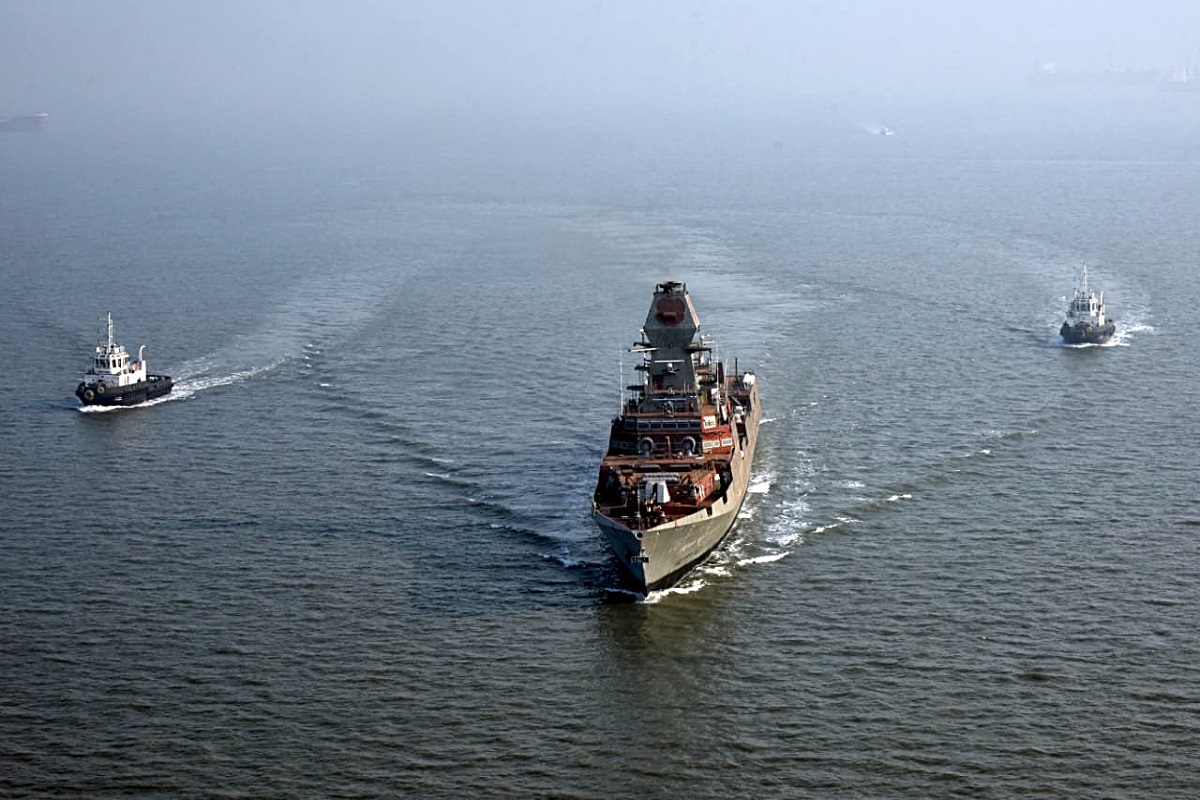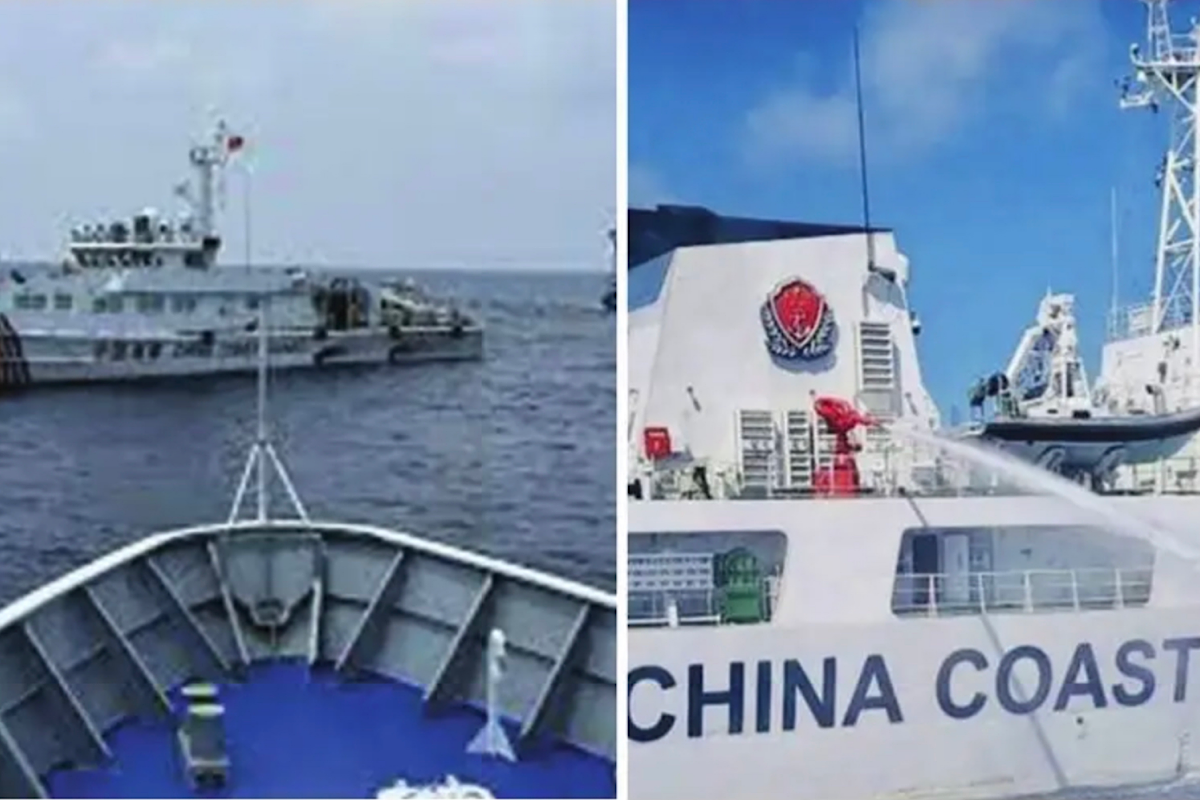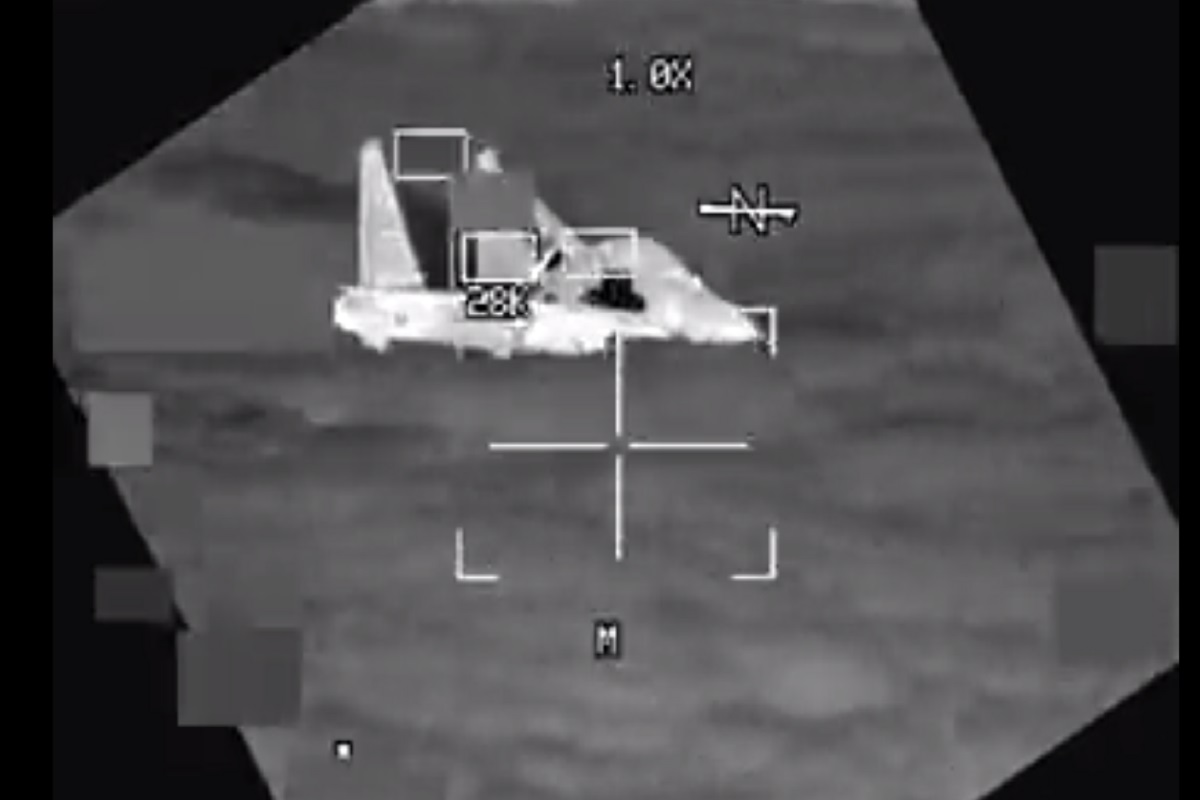Geneva Conventions remain relevant
Last week marked 75 years since the adoption of the Geneva Conventions on 12 August 1949. In theory, these rules of war are universally agreed by every nation.

Last week marked 75 years since the adoption of the Geneva Conventions on 12 August 1949. In theory, these rules of war are universally agreed by every nation.

The South China Sea has long been a contentious region, but recent developments underscore an escalating threat that demands global attention and coordinated action.

The visit demonstrated India's strong ties with The Philippines and its commitment to further deepen the partnership.

Maritime disputes across the vast South China Sea have ratcheted up in recent years as an increasingly assertive China militarises disputed islands and confronts its regional rivals over their competing claims in the strategically important and resource-rich waterway.

The US military's Indo-Pacific Command said that the intercept was conducted at night and that the Chinese's pilot demonstrated poor airmanship.
China's National Meteorological Centre on Saturday rnewed a blue alert as typhoon Khanun, the sixth typhoon this year, continues to move northeast on the East China Sea.
It is now clear that as the United States of America and India embark on a relationship characterized by both as among the closest partnerships in the world, New Delhi will find itself engaged in geostrategic essays that did not feature high on its agenda until recently.
The Filipino leader specially advocated for effective agreements that prevent accidental clashes between the two sides, including their fishermen, in the disputed waters.
The sea phase was preceded by a fruitful harbour phase which saw professional interactions, tabletop exercises and sports exchanges.
India has maintained a steady relationship with Russia, Iran and Afghanistan as well as enhanced tieups in the name of democratic solidarity in the form of the Quad comprising India, Australia, Japan and the United States.
